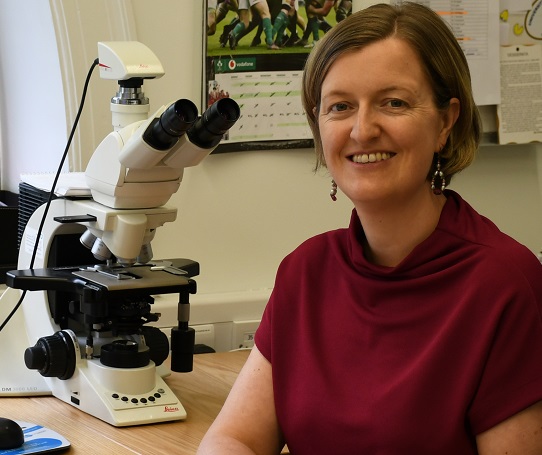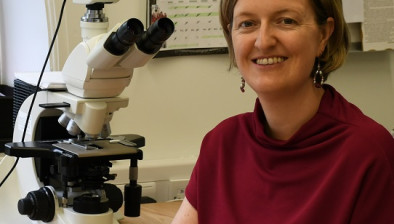State pathology service now fully staffed

Dr Linda Mulligan
The Office of the State Pathologist (OSP) is now operating with a full complement of staff after a number of years struggling to fill important vacancies, according to its latest annual report.
Professor Linda Mulligan, who was appointed as chief state pathologist in 2021 following a three-year hunt, said her second official year in post saw positive developments in terms of staffing.
Following the appointment of two state pathologists in 2021, her office welcomed two new deputy state pathologists in January and December 2022, bringing the team to a full complement.
Following the appointment of Professor Mulligan as a clinical professor at UCD School of Medicine in July 2022, a formal arrangement is now in place for an annual elective UCD medical student attachment, which “paves the way for more potential academic opportunities in forensic pathology”.
During 2022, the OSP dealt with 417 cases — up from 327 in 2021, 345 in 2020, 335 in 2019 and 286 in 2018. The majority (51 per cent) of these were state forensic cases.
The OSP provides independent expert advice, at a national level, all year round, on matters relating to forensic pathology and performs post mortem examination (PMEs) in criminal, suspicious or unusual deaths. State pathologists are often required to attend and give evidence in coronial, criminal or civil courts.
Welcoming the annual report, justice minister Helen McEntee said: “I would like to thank the chief state pathologist, Professor Linda Mulligan, her team of forensic pathologists, and the wider office and laboratory team, for their unwavering commitment and professionalism in the provision of an oftentimes difficult and complex service for deceased people and bereaved loved ones.”
Professor Mulligan added: “The OSP is grateful to the Department of Justice and Minister McEntee for their continued support and governance. Having a full complement of staff has allowed us to expand our capabilities.
“Research, education, the promotion of forensic pathology as a career and the continued quality improvement at the OSP means that we can deliver a sustainable national service that operates in line with best practice guidelines, while always striving to develop and improve itself.
“We aspire to provide the best service possible to the coroners, An Garda Síochána, the courts and most importantly, to bereaved families and loved ones throughout Ireland.”








